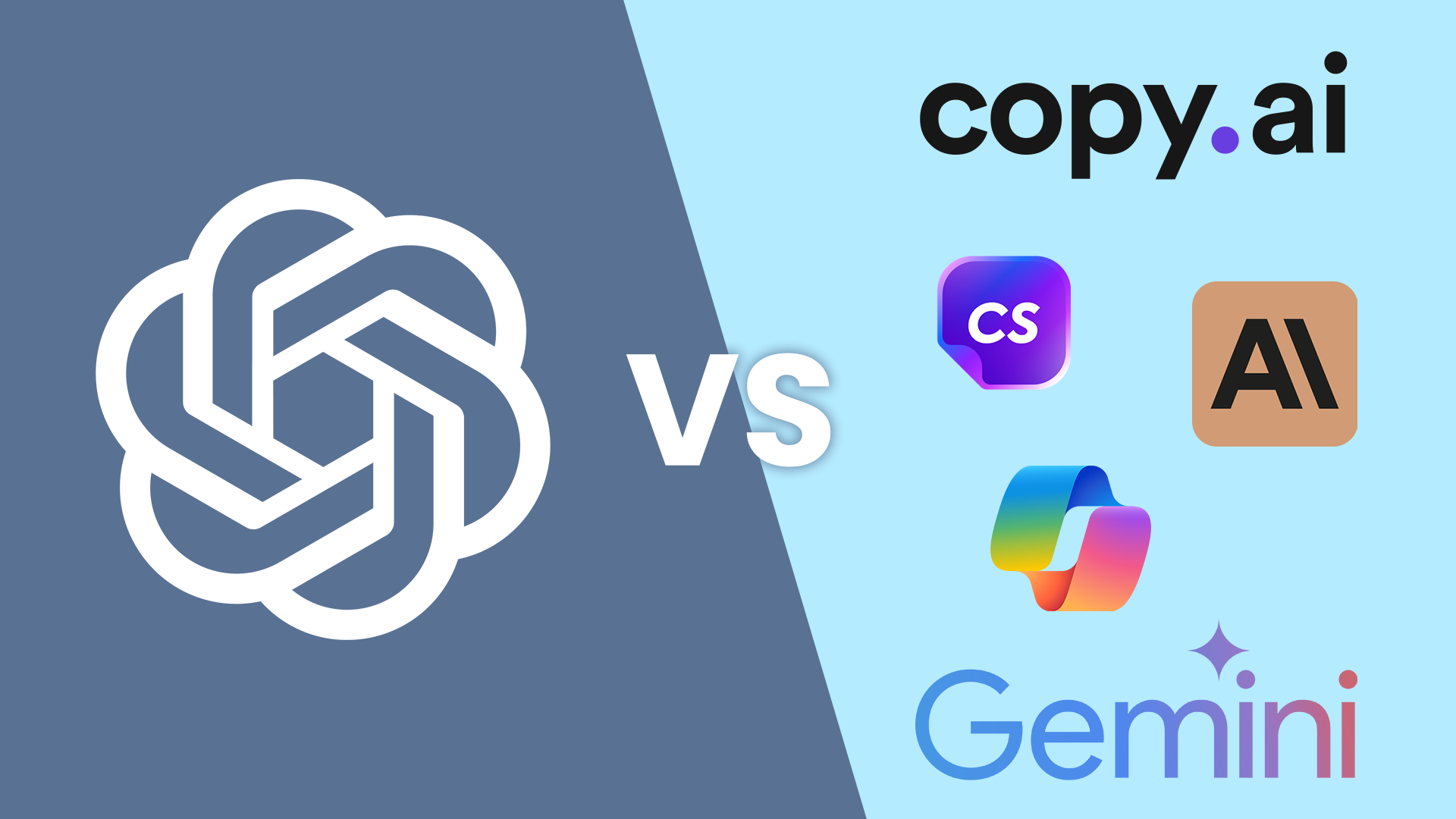Web app development is the perfect solution for those who want to embrace change and be at the forefront of innovation. Web applications engage users by prioritizing responsive interactions, but they are still delivered over a network via the internet with all its connectivity perks!
Web app development is the cool little brother of web-based projects. You are here because you want to do something with your site, but it started as a browser-based application first!
Web app development can be a great way to increase productivity in your company if done correctly. But, before you start investing time and money into this type of project, you must understand the distinction between web apps versus website redesigns. Hence, so as not to have any disappointed customers on either end!
Web applications have become a vital part of most businesses, but it is essential to know the benefits and drawbacks. With so many frameworks out there for building web apps, you’re probably wondering which one will work best with your needs? Let’s take an in-depth look at some popular ones!
Table of Contents
What is a Web-App?
Web applications are designed to be accessed from a browser and can come in many different shapes. Some examples of popular web apps include Facebook, Twitter and Netflix!
Web apps are very similar to traditional websites, so it’s no surprise that they use many of the same technologies. The front-end (what you see) and back end (where data lives) both have JavaScript and HTML5!
Web app developers use JavaScript, CSS and HTML on the front end to create beautiful interfaces for your users. Backend code may be written in languages like Ruby or Python, also used by website creators.
The distinction between websites and web apps can often be challenging to understand. Websites operate in a mode identical across all devices, while applications run differently depending on what type of device you use – but they share some standard functionality regardless!
How are Websites & Web-Apps Different?
Web apps are pretty different from websites in that they can be run on any device and often provide additional features. Web apps are intended to engage the user through interactivity, whereas websites primarily offer information.
Native and hybrid apps are two different development paths developers can take when designing application interfaces. The difference between them lies in how they use native elements versus web technologies like HTML, CSS or JavaScript; however, there is more than one way to make an app “native.”
Native apps are a great way to take full advantage of your mobile device. They’re designed specifically for each platform, and because developers need native tools like Swift or Java to make them work properly on an iOS device vs. an Android one, there’s no compromise when it comes down to choosing between these two methods!
The most significant disadvantage to using native apps is that developers must create different versions of each application because they’re built for a specific platform. Hybrid apps are perfect when you need to create something quickly and don’t have the time or resources. They allow developers who otherwise wouldn’t be able, because of their limitations in technology knowledge- such as those without experience with web development languages like JavaScript -to get started on developing cross-platform compatible applications that work seamlessly across both iOS & Android. Devices!
Web applications are more than just websites that you access with your browser. They’re built on top of the cloud, so they have some unique features which will make them stand out from traditional sites – like how interactive everything can be!
A key difference between web apps and standard HTML pages is how much user input matters during the development process; most online content doesn’t require keyboard strokes (or even mouse clicks).
Users are more likely to engage with your website if you give them what they want, which is valuable and easy-to-understand information. Web apps are designed to give users an optimized experience that can handle more interactions. To do this, the web app needs dynamic updates, so it’s always up-to-date with whatever changes happen in the real world outside your website or server terminal window! The difference between a website and a web app is that the former can be downloaded anywhere, whereas websites have limited access. For example, if you want to visit your local pizzeria’s site for it to work correctly on an offline device or browser, then go ahead with choosing this option. Still, when using Twitter via its mobile interface, all these features are available without any problem. Hence, nothing stops anyone else from doing what they like best!
What are the Pro’s and Con’s of Web Apps?
Web-based applications are the new frontier for businesses looking to reach their customers. With these online tools, you can provide interactivity without investing in developing a mobile app that may not always work or have enough features when it comes down right now! Even though web application development is a newer topic, it’s still important to consider both pros and cons to getting the most out of your project.
Advantages
Web apps have been proven time and again as an effective way to improve the UX (user experience) for consumers who want their web browsing sessions prolonged.
The portability of the product is excellent. Web apps are available for every device! Do you have a tablet? You can use the web app on your phone or computer. And if it’s an older model, there is probably also enough memory to load one onto its screen as well so that everything will look good without having any lags during gameplay – which makes this convenient when playing games online with friends who spread out all over world-wide gadgetry space (and beyond).
Web apps are a great way to provide users with an entertaining experience no matter what operating system they use. Whether it be Android, iOS or even PC connections – as long you have internet access and can download your desired app from one place!

With the app’s streamlined interface and easy-to-use features, getting anything done is a breeze! Web apps do not require downloading and installation. In the case of PWA, installing a webpage will only take up storage on your device if it’s been improperly designed for mobile users who want quick access instead of extensive features or content that requires loading times to be useable- which is why we recommend sticking with sites like Facebook where everything can fit within one page rather than spreading out across multiple pages as some other popular social media networks do!
Smartphones are getting better, and storage space is seemingly increasing in squared increments, but some people don’t like having too many apps on their phones, or they lack the room for it all.
Progressive web apps are the future of mobile application development. This reality also relieves users from having to keep up with constant updates and provides many advantages that regular applications offer without any hassle! Development is simpler than ever.
Disadvantages
Like any other type of software development, web app creation has its share of cons. However big or small your company might be – no matter if it’s just starting in this field- there will always come up against some problem that needs solving when developing apps on the internet scale!
Mobile apps are still king, and web-based ones can’t replace them. Web applications may operate at a slight delay when compared with those running locally on your phone or tablet, but this is barely noticeable in most cases.
Web apps are not always guaranteed to work without an internet connection. Though PWA’s can avoid this classification by making their interface interactive enough for users with no web connectivity, most websites won’t be able to provide the necessary features and functions needed by customers if you don’t have access – even though they may appear functional. At first glance!

Native technology will always provide a competitive advantage over non-native options. Web apps don’t have the same ability to interact with your device’s hardware and operating system as they would if you were using native applications, which can cause problems when trying to collaborate effectively in many ways (such as not being able to access certain features).
Web app development takes a unique approach to web design that sets it apart from other types of sites. Web apps come in many different forms, from client-side web applications to server-side ones. There’s also the progressive enhancement that can be applied when building your app – adding features like offline support or multiple entry points for users without having them navigate around too much!
Web apps are complicated, with a combination of front-end and back-end technologies. You might not be able to understand everything about them right away – but that’s what we’re here for! At NPEC, we have an extensive list of web application developers who are qualified and experienced in creating modern apps for today’s demanding business environment. To learn more about our company or to contact one online now click here!




